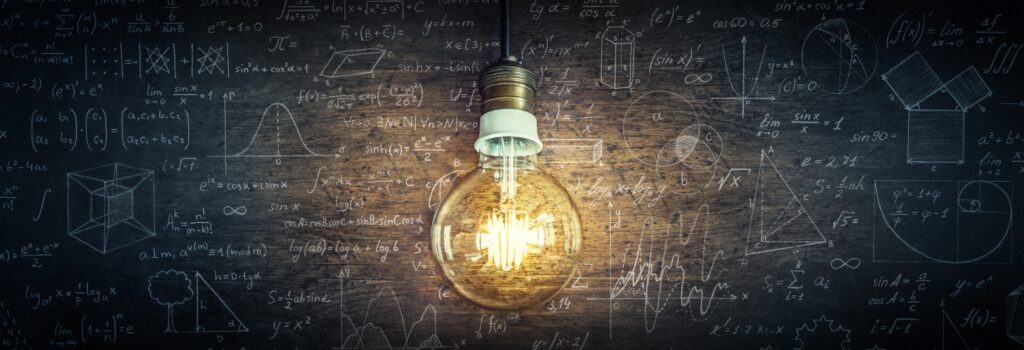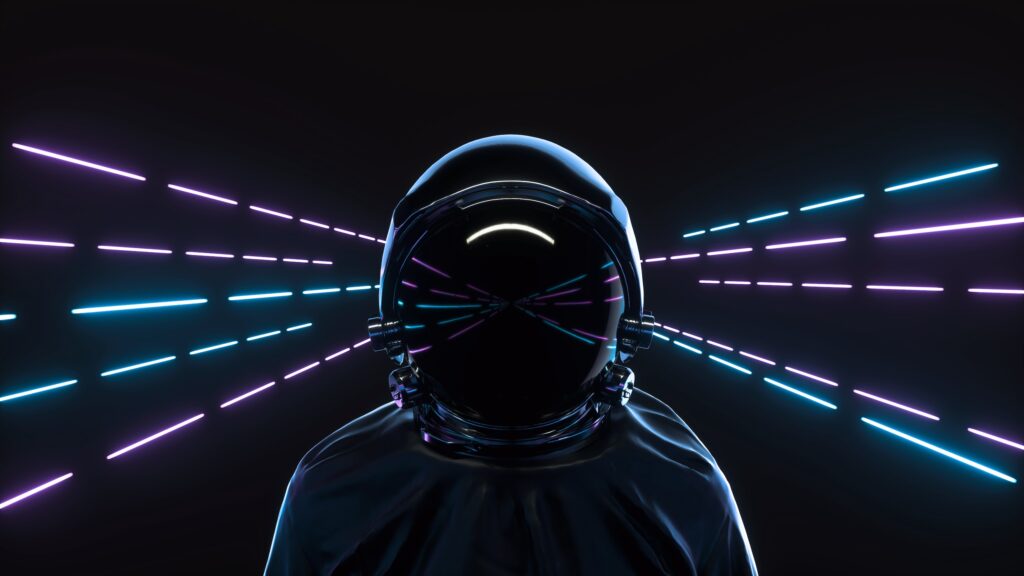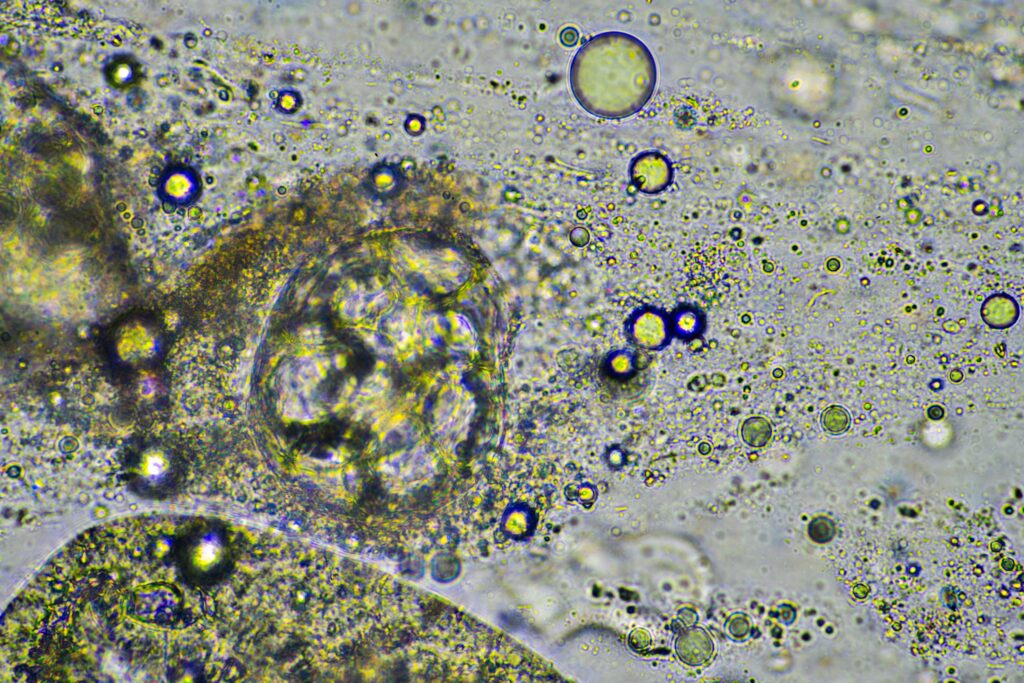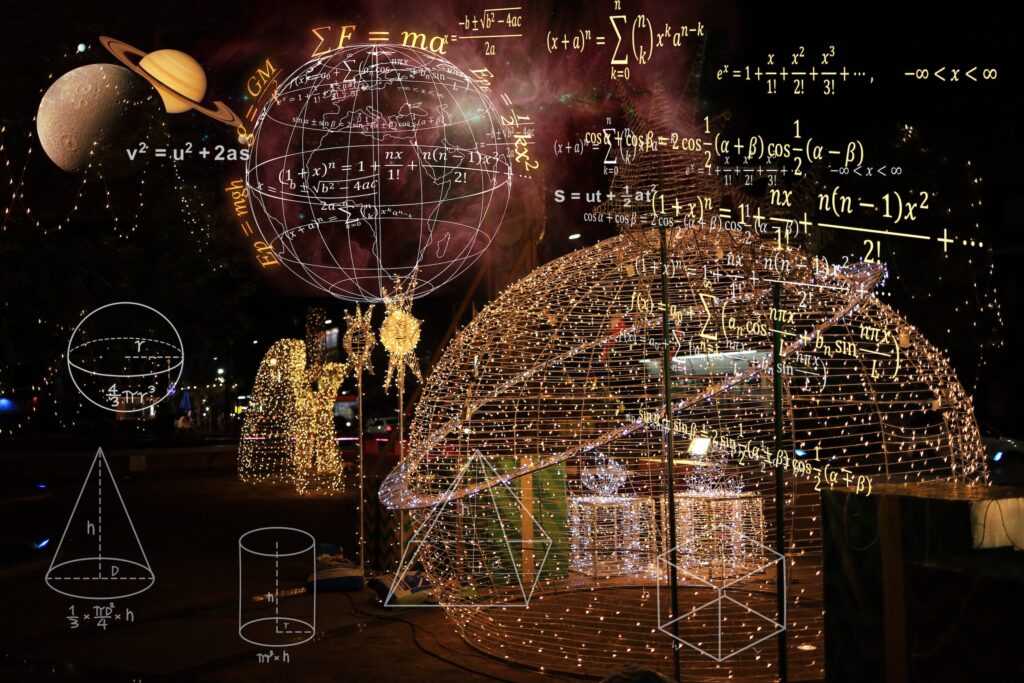|
Hans Busstra and Dr. Lídia del Rio talk to Dr. Matthew Leifer, Assistant Professor of Physics at Chapman University, about the epistemic interpretation of quantum mechanics. Classically, when physicists call themselves ‘realists’ they mean that we should assume that a physical, observer-independent universe is fundamental. But if this counts as realism, anti-realism is perhaps the more respectable position. Leifer points, for instance, to ‘Bell-Wigner mashups’: thought-experiments that entangle different observers to arrive at disturbing consequences; for instance, that there is no ‘absoluteness of facts’ for all observers, in a classical sense.
|
Dr. Colborn argues that, perhaps surprisingly, the worldview of the technology elite is shifting from fundamentalist materialism to a form of apocalypticism that echoes fundamentalist Christianity. This shift in belief is, according to Colborn, not based on an honest search for truth, but instead an attempt to legitimize agendas of power and control. As such, it risks dehumanizing humanity. The analysis in this essay is particularly important in today’s world of emerging agentic AI, wherein—insofar as we believe that AI mechanisms are conscious—we may end up believing that conscious beings are mere mechanisms. Dr. Colborn has just published a book with our own imprint, Essentia Books: What Lies Beyond.
|
In this interview, Dr. Philip Cozzolino, an associate professor of psychiatry and neurobehavioral sciences at the University of Virginia, talks with Natalia Vorontsova about his research results and methods for dealing with the fear of death. He also delves into intriguing reincarnation-like cases and past-life memories in children, as well as the metaphysical implications of his research.
|
In this very personal, poignant essay, Moreira argues that our most primal fear isn’t death, but solitude. As he says, “A child does not cry because she understands mortality. She cries because no one comes.” Moreira is redefining Existentialism for the 21st century. He mines and distills the core questions of meaning in a world that is beginning to intuit the shallowness of its ways.
|
Dr. David Schmid, Dr. Lídia Del Rio and Hans Busstra explore a metaphysical shift that’s happening in the foundations of physics: the wave function is no longer regarded as something real, but just as a description of what we know about the world. In philosophical terms: the wave function is not ontic, but epistemic. And in more popular terms: the multiverse is science fiction, resting on a too-literal interpretation of a piece of mathematics called the Schrödinger equation.
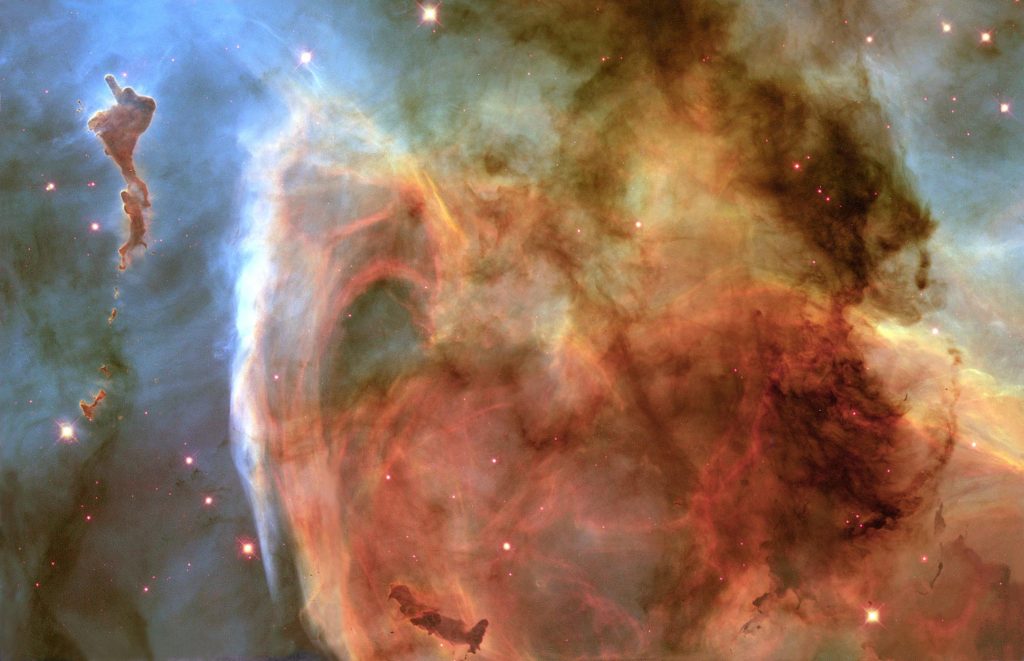
Do we really live in a fundamentally physical universe? Are we essentially material beings? Essentia Foundation is a new force in the cultural dialogue about the nature of reality. Find out more about us.
|
The jealous and alienating gnostic Demiurge, a certain mode of attending to the world described by Heidegger, and Iain McGilchrist’s characterisation of the brain’s left-hemisphere, all share remarkable similarities, according to Arthur Haswell. He suggests thus that the Demiurge may be a symbol of something that lives in us, modulating how we relate to others and the world at large. As such, the holistic perspective of the right hemisphere may be a corrective that brings us closer to the transcendent and truly divine.
|
Not only does John von Neumann’s seminal work in the mathematical modelling of quantum mechanics imply the irreducible nature of mind, the resulting idealist understanding of nature could lead to profound, and positive, changes in how we relate to one another and the world at large in the context of our economic system, writes Dr. Cocks.
|
This is an involved, fairly technical, but deeply rewarding and potentially groundbreaking essay. It posits that the geometry of real (i.e., noumenal) spacetime may be exactly what our mathematical models tell us it is: a complex projective space in which there is no separation between objects and subject. If so, then the implication is that the foundation of the universe is a form of universal consciousness, that the ordinary spacetime we experience is but a perspectival model, and that the very structure of the universe is defined by mental archetypes, or universal ‘ideas.’ Right or wrong, this is one of the most daring but also most explicit and well-articulated ideas underpinning idealism with physical theory, and it surely deserves multiple careful reads.
|
Astronomer Harriet Witt argues that it is our scientifically outdated language that leads us into thinking of the sky as a remote reality ‘up there,’ instead of a felt experience ‘in here.’ She argues for an update to the words and concepts we use daily, so the holistic reality of our existence, and of our intimate relationship with all of nature, can again be felt.
Would you like to submit an essay?
|
In this interview, Dr. Philip Cozzolino, an associate professor of psychiatry and neurobehavioral sciences at the University of Virginia, talks with Natalia Vorontsova about his research results and methods for dealing with the fear of death. He also delves into intriguing reincarnation-like cases and past-life memories in children, as well as the metaphysical implications of his research.
Seeing
Videos
|
Inside you there is a largely unexplored universe of 100 trillion bacteria. In this documentary, we embark on a journey into this microcosmos to discover the beauty and complexity of life’s origin on the nanoscale. In 2023 Essentia Foundation’s Hans Busstra created a documentary about bacteria that depicts our common ancestor in a never-before-seen manner. With the world’s leading artists in microscopy, like micro-photographer Wim van Egmond, SEM microscopist Jan Dijksterhuis, and a molecular cell biologist and his team at Digizyme Inc., he embarked on a unique mission: to capture the first moving images of a single bacterium at the molecular scale.
|
Documentary filmmaker Hans Busstra shares with us, with the aid of amazing and scientifically accurate animations of the molecular world, the background story of his journey from imaging the hardcore science of molecular biology to the fundamental insights of metaphysics.
|
Prof. Dr. Caslav Brukner, Prof. Dr. Renato Renner and Dr. Eric Cavalcanti just won the Paul Ehrenfest Best Paper Award for Quantum Foundations. Their different no-go theorems make us reconsider the fundamental nature of reality. Bell’s theorem in quantum mechanics already confronted us with the fact that locality and ‘physical realism,’ in the sense that particles have predetermined physical properties prior to measurement, cannot both be true. But in certain variations of the Wigner’s Friend thought experiment an additional metaphysical assumption is now also put in question: the absoluteness of facts. In different words: can we safely assume that a measurement outcome for one observer is a measurement for all observers?
From the archives
|
Professor Zaghi introduces Relational Quantum Dynamics (RQD), a further development of Carlo Rovelli’s Relational Quantum Mechanics (RQM) with a solid mathematical and metaphysical basis. RQD circumvents the infinite regress inherent to RQM (everything being constituted of relations between meta-relations, and these consisting of relations between meta-meta-relations, etc., ad infinitum) by proposing that, although all physical entities are indeed relational, the relations—and even spacetime itself—arise within an underlying field awareness.
|
Hans Busstra talks to Dr. Bernardo Kastrup about the groundbreaking work of Professor Michael Levin and Dr. Christof Koch. Levin’s research into bio-electric fields reveals that cellular networks use electrical signals not just for immediate physiological tasks, but to coordinate complex patterning and memory across tissues—suggesting a kind of distributed intelligence in living systems. Christof Koch, meanwhile, champions Integrated Information Theory (IIT), which proposes that consciousness is an intrinsic property of certain physical systems with high levels of causal interconnectivity. Both lines of inquiry challenge the traditional reductionist view that mind is merely an emergent byproduct of neural activity. Instead, they point to a more holistic, perhaps even fundamental, role for information and consciousness in nature. Though Levin and Koch make no explicit metaphysical claims in their work, their empirical findings and views are very much in line with analytic idealism.
|
“If experience is all I have, I may be alone—but the essential emotional necessity of the other demands that I live as if I am not,” argues Dr. Moreira in this heart-felt essay. He embodies a long-overdue reemergence of existentialist thought in the 21st century and, as an active and successful AI scientist, in 21st century terms. We think both the worlds of philosophy and popular culture will be hearing a lot more from Dr. Moreira in the coming years…
Let us build the future of our culture together
Essentia Foundation is a registered non-profit committed to making its content as accessible as possible. Therefore, we depend on contributions from people like you to continue to do our work. There are many ways to contribute.












